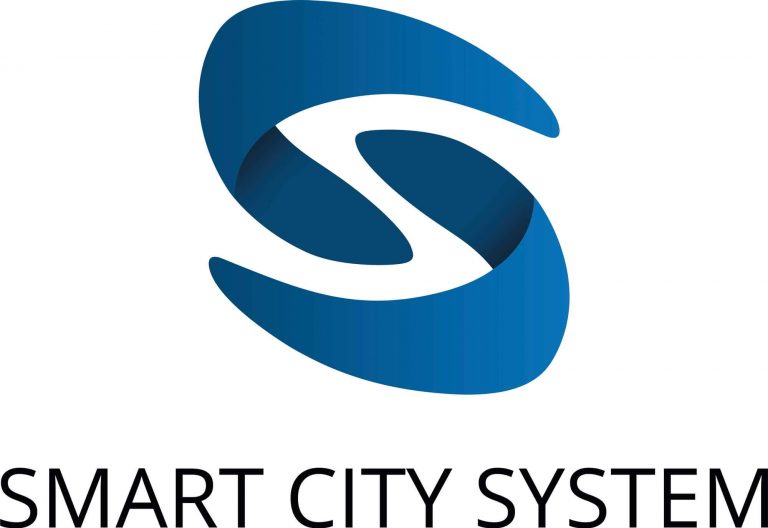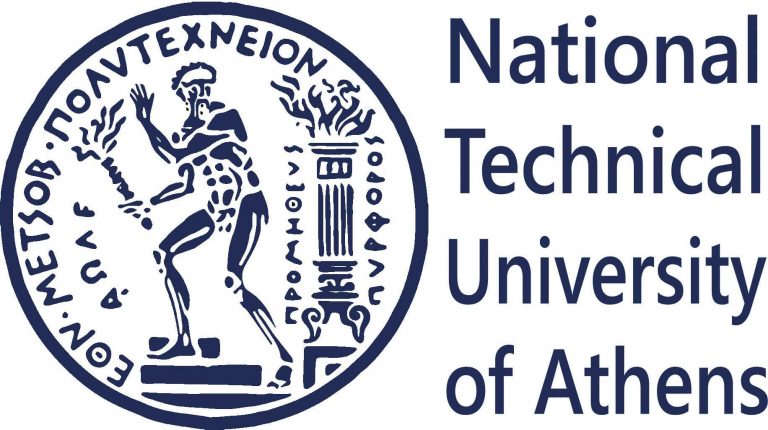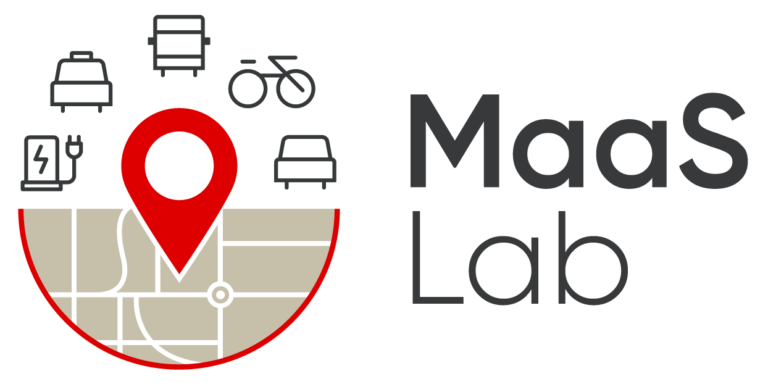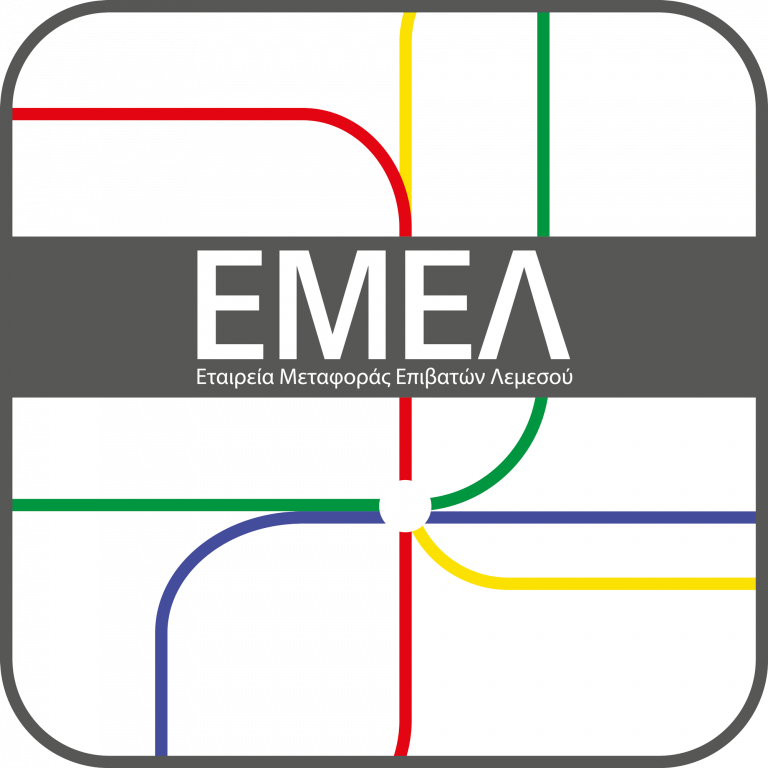The Paris living lab focuses on Poissy area. Poissy is a commune in the Yvelines department in the Île-de-France region with a population of almost 40K, host of several tech companies and auto manufacturers.
The living lab will demonstrate intelligent roads, connected vehicles and utilisation of drones. Yvelines department will facilitate the whole demonstration processes; supporting the organisation of the co-creation activities; co-design and build the infrastructure; promote the smart and on-demand services.
Challenges
Poissy’s rail station is a local mobility hub that attracts and generates a large number of trips (>10M passengers per year) as it offers connection to neighboring areas (14 bus lines) and Paris (2 train lines). In the station vicinity there is congestion despite a series of roundabouts that were added in the past as a congestion (and safety) countermeasure. The use of ITS and more advanced traffic management systems are essential for the efficient operation of the hub. Especially:
- smoothing traffic flow through V2X technology: communication with traffic lights, V2V at intersections.
- synchronisation of vehicles arrivals to other public transport stations.
- evaluation of impacts on traffic performances, security, air quality and acceptability.
Use cases
The living lab forms around the Poissy mobility hub and two cities (Carrières-sous-Poissy and Triel-sur-Seine and focuses on the development of a fully intelligent road which will be equipped with new technologies to enable testing several mobility use cases.
In particular, Poissy living lab demonstrates the impacts of deploying V2V and V2I technologies on the improvement of traffic performances. Several connected vehicles will be deployed: (i) 3 conventional electric vehicles, (ii) 1 automated vehicle, (iii) drone-based traffic data collection to provide traffic analysis, supported by multi-technology mobility sensors (Bluetooth, etc.).
Role of your living lab in metaCCAZE
This living lab aligns with metaCCAZE’s project to implement smart shared and zero-emission mobility systems and pave the way towards climate neutral, safe and smart EU cities as the living lab aims to improve throughput at roundabouts, reduce delays and conflicts, improve air quality.
Beyond the project, the living lab will allow to develop AI-models based on city data, V2I and V2V protocols.
Contact
- Clément Papon
- c.papon@yvelines.fr
















